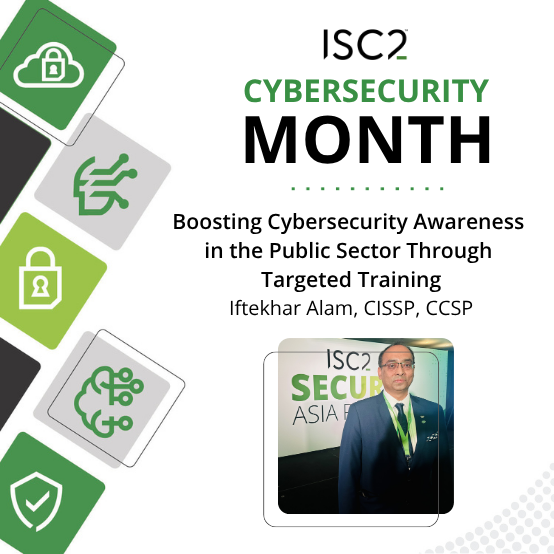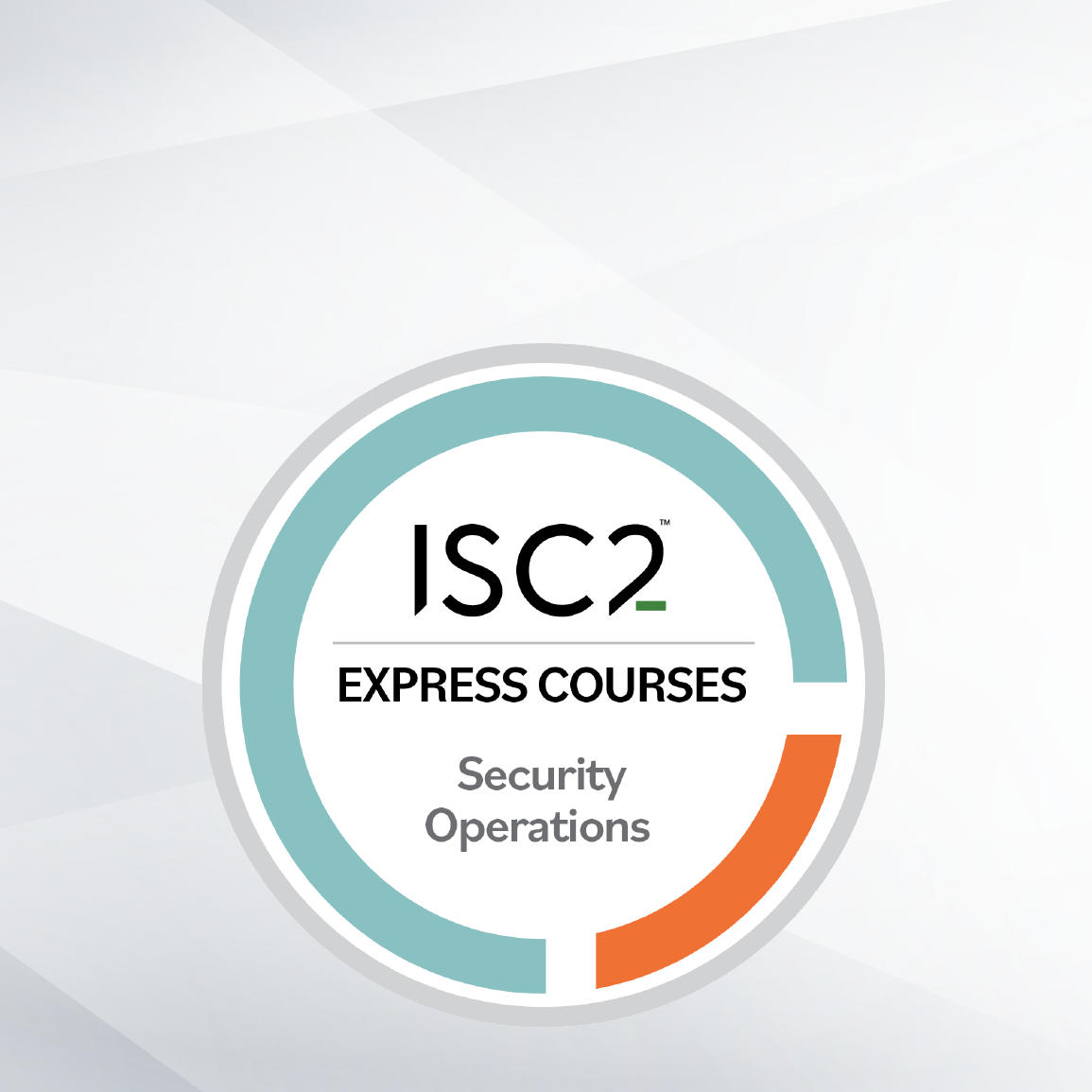In today’s ever-evolving digital landscape, cybersecurity is more critical than ever. With the rise of cyberthreats, organizations worldwide are facing unprecedented challenges in protecting their data and systems from breach and attack. The constant need to stay one step ahead of bad actors means the stakes are high.
Attention to the issue of cybersecurity has never been higher. In the United States, the Biden Administration recently unveiled a new National Cybersecurity Strategy that outlines the priorities The White House notes as most pressing. It calls for enhanced regulations, improved communication and information sharing between government and private sectors and an expanded federal cybersecurity workforce.
Globally, the cost of data breaches and cybersecurity incidents continues to weigh heavily on organizations. Threats from phishing and malicious emails are up 60% year over year, and the average cost of a data breach could reach $5 million by next year.
Cybersecurity and IT leaders were recently polled on their top security priorities and main obstacles to success. Talent was the top priority for both categories. Among respondents, 30% said acquiring and retaining talent is a top priority and 31% said staffing constraints are a top obstacle.
The message is clear: Organizations worldwide need cybersecurity professionals with the broad knowledge and skills to install, administer and troubleshoot their security systems to protect against breaches and attacks. And with such dire need, they are willing to broaden the talent pool. Hiring managers are looking for a wide swath of experience and knowledge to recruit the desperately needed professionals they’re struggling to find.
Security administration and operations professionals play a vital role in protecting organizations worldwide. They help ensure security systems and protocols are working effectively and to identify and mitigate potential cyberthreats. Their responsibilities can involve a variety of activities, including security monitoring, threat intelligence gathering, incident response and vulnerability management. Professionals working in security operations centers (SOCs) use a range of tools and technologies to detect, investigate and respond to security incidents and to conduct malware analysis. The number of opportunities is limitless for what you might pursue on this career path.
Next step
Demonstrate that you’re on the forefront of securing the system with ISC2 Security Administration and Operations Certificates. Focus areas include quantifying risk, API data breaches, the future of API security and more.
Learn more about ISC2 Security Administration and Operations Certificates


